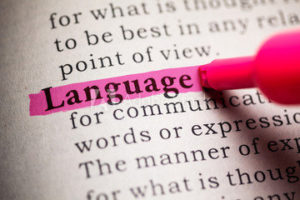
As with any religion, the p.c. folks make it up as they go along. A self-appointed expert decides that yet another word – in this case “looting” – may cause offense, and the cancer of political correctness advances, one word at a time.
When I use a word,’ Humpty Dumpty said in rather a scornful tone, ‘it means just what I choose it to mean — neither more nor less.’
’The question is,’ said Alice, ‘whether you can make words mean so many different things.’
’The question is,’ said Humpty Dumpty, ‘which is to be master — that’s all.’



















